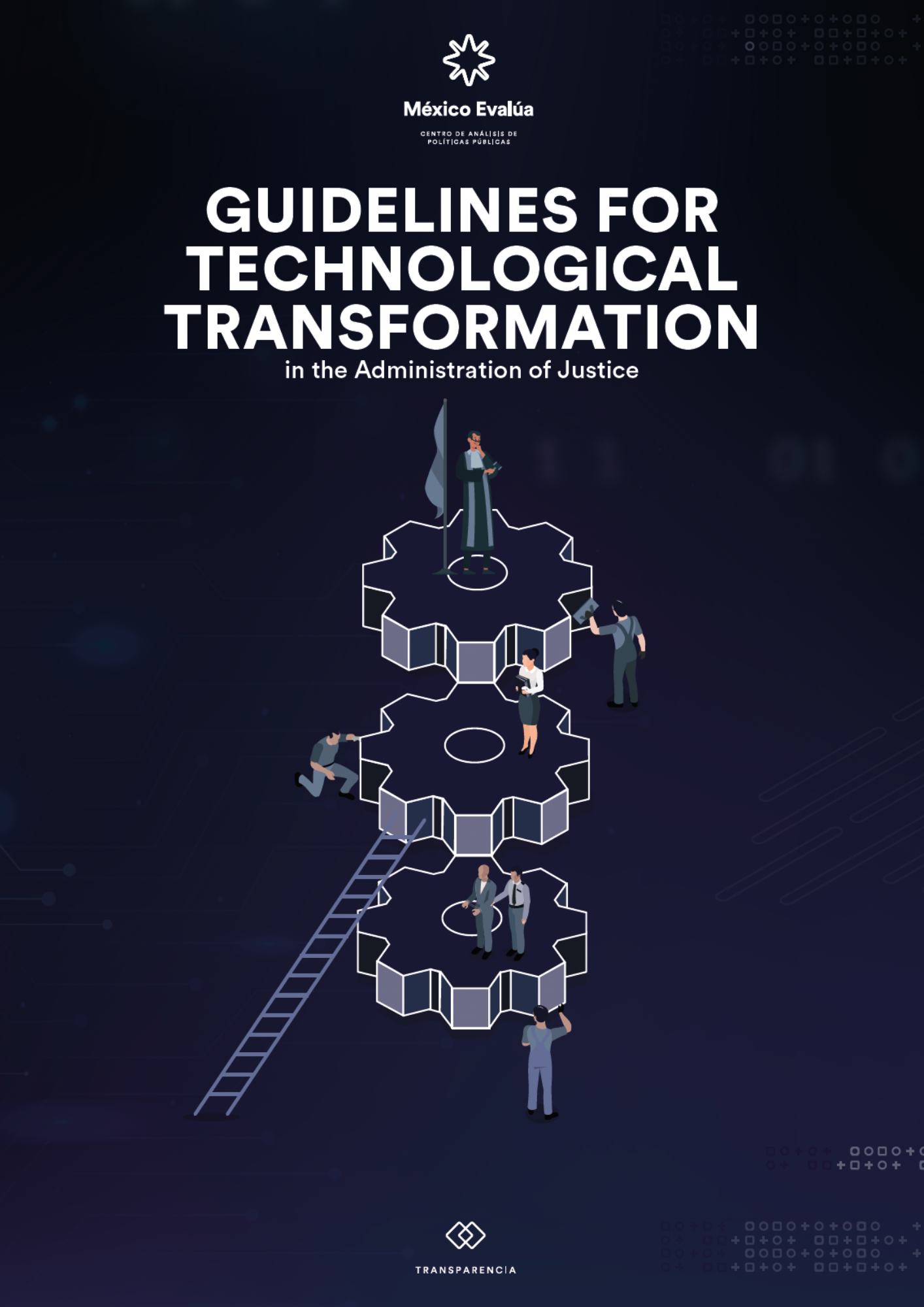Mexico
Guidelines for Technological Transformation in the Administration of Justice
Guidelines for Technological Transformation in the Administration of Justice
The COVID-19 pandemic severely affected the Mexican administration of justice. Many public administration offices and courts had to stop their on-site activities, forcing judiciaries around the world to find technological alternatives to maintain operations.
In Mexico, even though some of the courts had ongoing digitization processes, they faced resistance from litigants and users. However, the pandemic meant a loss of clients and, thus, economic resources, forcing lawyers to use the aforementioned tools to adapt to a new reality to be able to continue working.
After two and a half years, many judiciaries are still facing challenges such as a lack of budget, mediocre planning, weak support from key actors, in addition to a poor level of knowledge of how to use the new technology properly. México Evalúa, a think tank for public policies in Mexico, in collaboration with the Friedrich Naumann Foundation for Freedom (FNF) Mexico, has published the first ‘Guidelines for Technological Transformation in the Administration of Justice’ to provide magistrates with best practices for improving the use of digital tools in the judicial system.
The ‘Guidelines for Technological Transformation in the Administration of Justice’ establish that digital tools must offer solutions beyond the automation or replication of existing processes; these new procedures should reframe the structure and execution of said procedures. This requires open, innovative, and strategic leadership as well as the support of different key stakeholders – such as consolidated innovation and technology departments, jurisdictional and administrative officials, legislators, community leaders and legal professionals – who can offer different perspectives.
Justice and accountability




